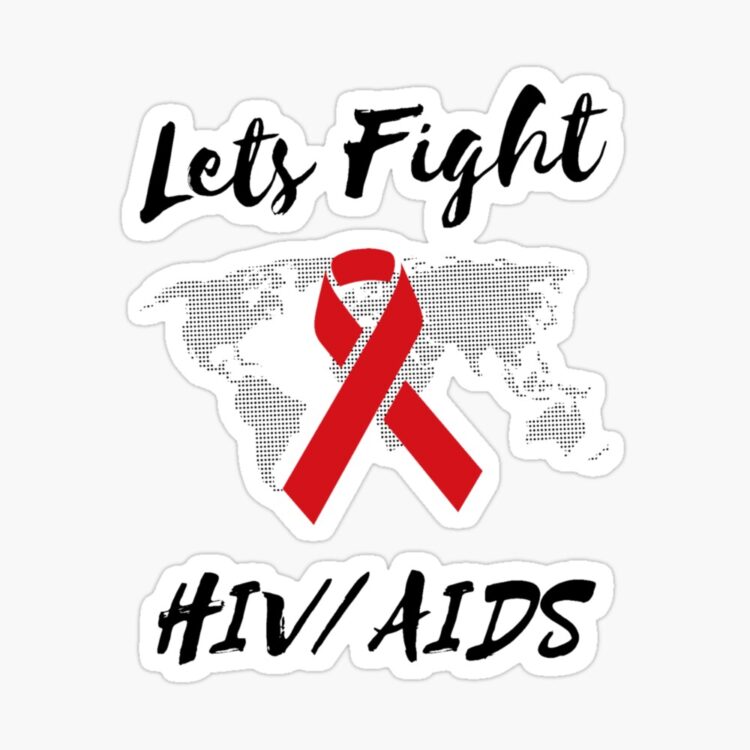HIV/AIDS is a viral infection caused by the Human Immunodeficiency Virus (HIV). This virus specifically targets CD4 cells (T cells), which play a crucial role in the body’s immune system.
Over time, HIV weakens the immune system, making it challenging for the body to defend against various infections and diseases. If left untreated, HIV can progress to AIDS (Acquired Immunodeficiency Syndrome), which represents the most advanced stage of the infection.
HIV is primarily transmitted among humans through specific body fluids, including blood, semen, rectal fluids, and vaginal fluids.
The first recorded instance of HIV/AIDS occurred in 1959, when a blood sample from a man in now Democratic Republic of Congo revealed the presence of the virus.
Since the discovery of Ghana’s initial AIDS case in March 1986, the nation has been unwavering in its battle against HIV/AIDS.
Despite progress in treatment and prevention, the prevalence rate continues to be a matter of concern, particularly among vulnerable groups such as female sex workers and men who have sex with men.
As Ghana grapples with the persistent challenges presented by HIV/AIDS, Dr. Fred Nana Poku, the Technical Service Director of the Ghana AIDS Commission, provides insights into the country’s ongoing fight against this global health crisis.
Dr. Nana Poku, emphasises the most recent data, indicating that around 354,927 individuals currently are living with HIV in Ghana, with approximately 28% of these cases representing new infections.
Indeed, it is concerning that a substantial number of new HIV infections affect young adults aged 15-24 years, highlighting the necessity for focused interventions and educational initiatives.
However, there is optimism in the availability of antiretroviral therapy (ART).
Dr. Nana Poku emphasizes its critical role in managing HIV/AIDS.
Adhering to ART allows individuals living with HIV to lead almost normal lives, while significantly reducing the risk of virus transmission.
From present data, approximately 154,475 people diagnosed with HIV are currently receiving antiretroviral medications.
Despite the progress made in combating HIV, stigma remains a significant challenge in Ghana.
Dr. Nana Poku recognises that misinformation, cultural beliefs, and socioeconomic factors contribute to the persistence of stigma.
Ongoing initiatives, such as public awareness campaigns and policy interventions, strive to combat stigma.
However, substantial barriers persist. The Stigma Index Study 2.0 highlights concerning statistics, revealing that only a minority of people living with HIV feel confident about love and family planning.
To address stigma, comprehensive strategies are essential. These include targeted prevention programs, improved treatment accessibility, and continuous efforts to promote acceptance and equality.
Dr. Nana Poku underscores the need for sustained action and commitment in Ghana’s fight against HIV/AIDS.
By working together, Ghana can strive toward eliminating discrimination and stigma by 2030, ensuring dignity and respect for all affected individuals.
















